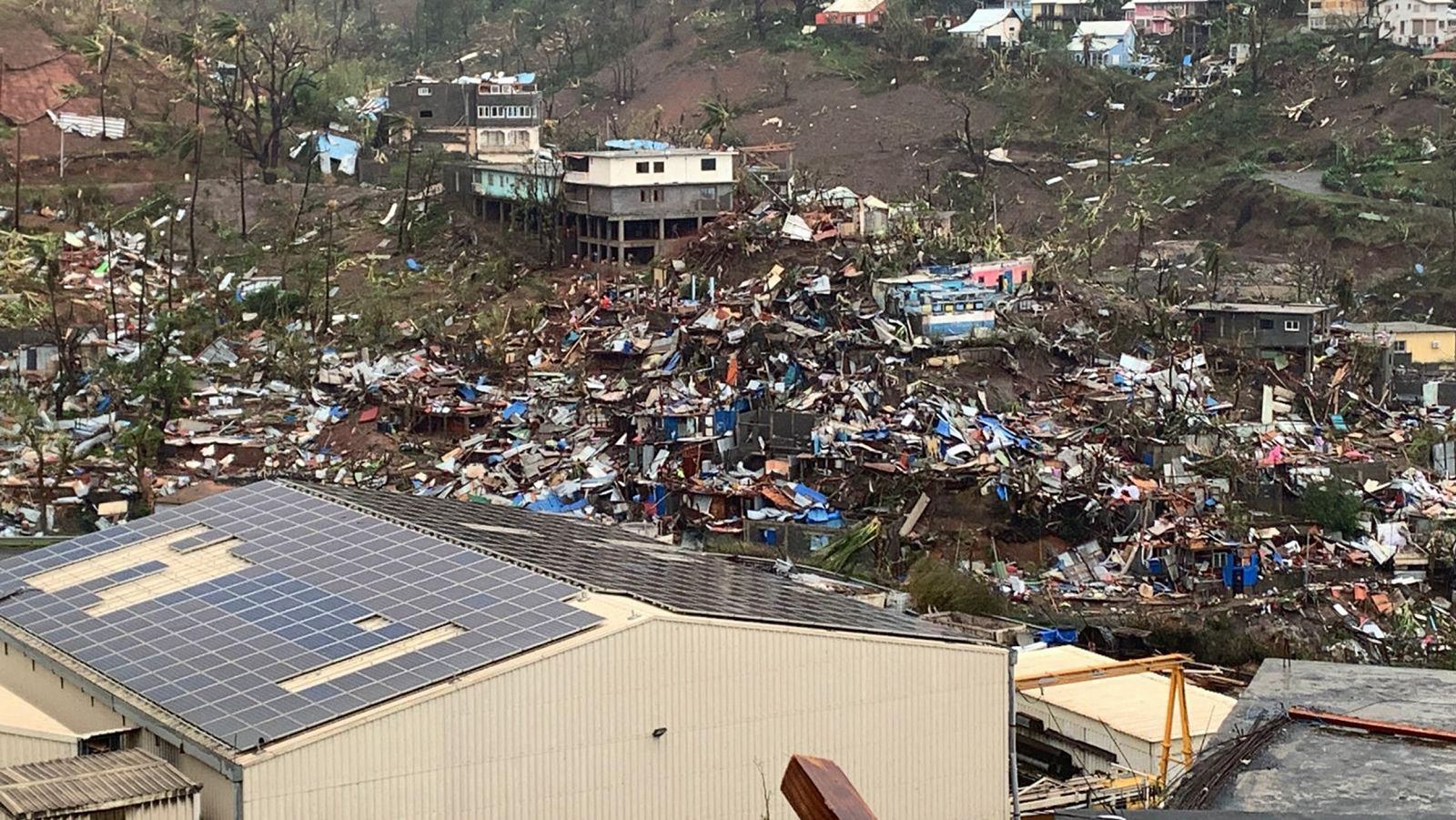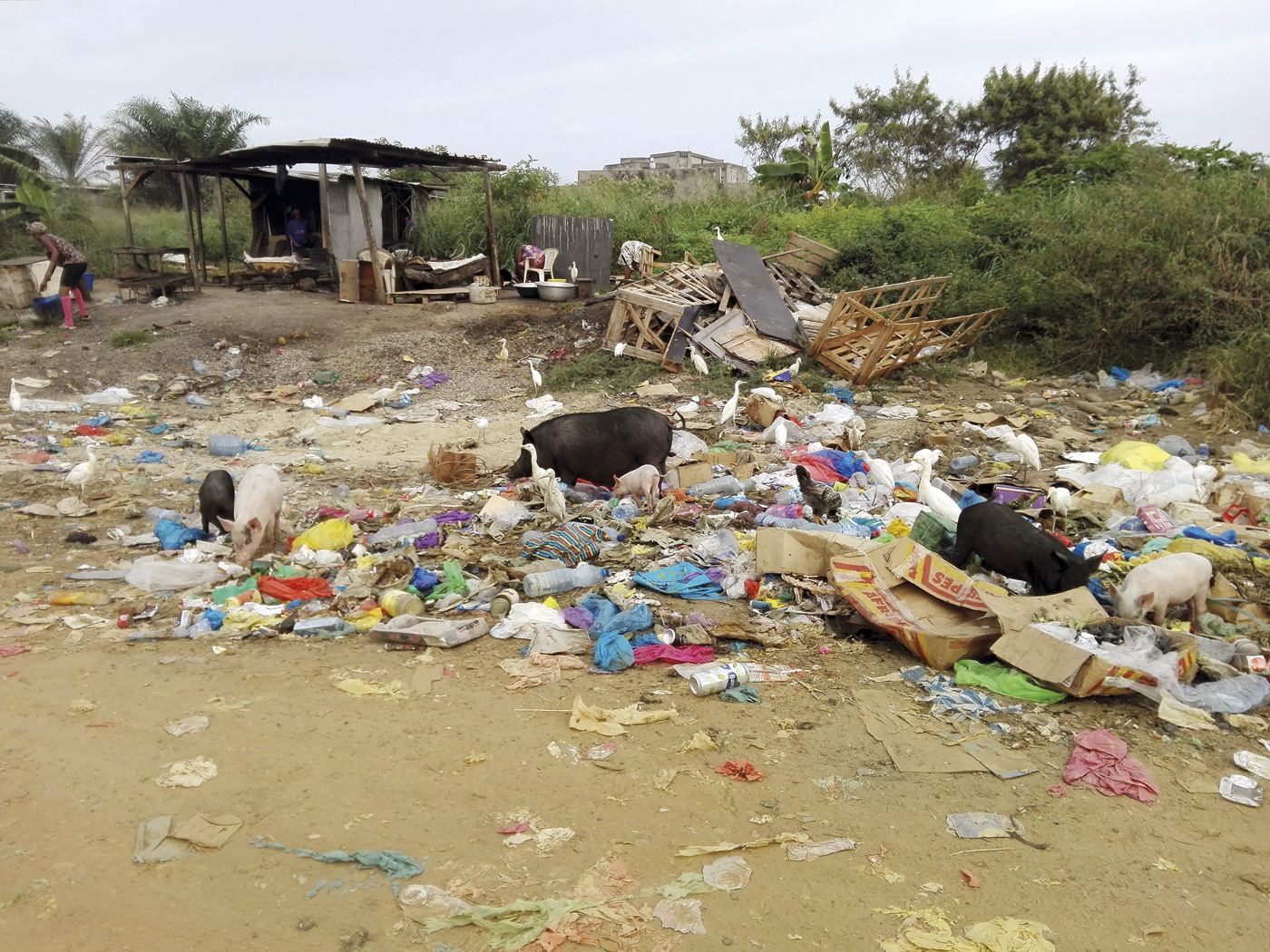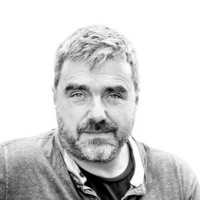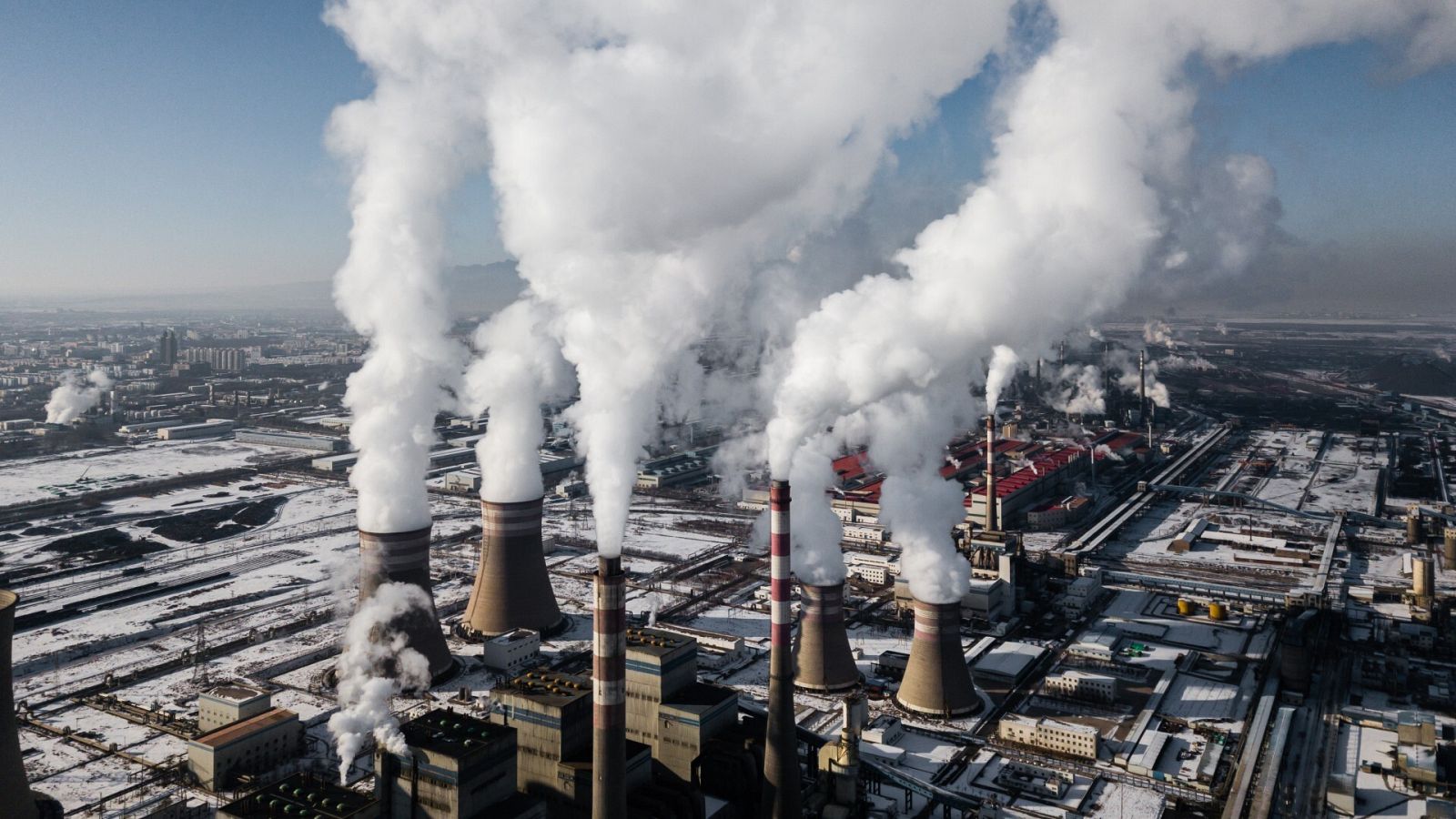The slowdown in Brussels and the right is trying to infuse the EU Green Pact
- On 15, 16 and 17 May, 2023 Beyond Growth Conferences were held in the European Parliament. Whether economic growth is a good instrument for measuring citizens’ well-being and social sustainability was analysed.

Growth in the economy and the rise in Gross Domestic Product mark the development trend today; the more the economy grows, the better. This clashes with the climate change we live in and the energy transition that this requires, but governments are not interested in breaking the model.
However, the issue of economic slowdown is becoming increasingly strong, as was seen at the conference. Proof of this is also the proposal of 18 Members of the European Parliament from five parties to create other criteria for excluding GDP and measuring welfare.
The conference brought together MEPs, scientists, representatives of social organisations, etc., and it was found that, although the disaster is making room for this kind of conference, it is still far from being recognised by governments.
"Although the decline is making room for these kinds of conferences, it is still far from being taken into account by governments."
In essence, developed countries believe that to combat climate change there is no need to produce or consume less; to channel the situation it is enough to move from fossil growth to green growth, increasing renewable energies and biofuels. The Green Pact adopted by the European Union in 2020 sets this path and most of its institutional representatives supported this line at the conference.
Those who want to infuse the Green Pact
The EU’s green growth as a compass, therefore, at one end, and which still has little force in society, but which is growing, the discourse of slowdown on the other. However, some sovereigns insist on the existence of a third road that is becoming increasingly strong: The European right, at the head, of those who seek to curb the EU’s green transition.
These are sectors that are demanding a two-year moratorium on the legislative changes required by the EU Green Pact, under the leadership, among others, of French President Emmanuel Macron. Manfred Weber, leader of the European People’s Party, joins this effort. For example, the European Commission wants to halve pesticides by 2030, and the popular are pushing for more flexible deadlines.
"There is an intermediate path that is gaining strength: The European right at the head of those who want to curb the EU's green transition
Compared with Germany, the pressure in this direction has also been very evident in the case of the car, which has allowed combustion engine cars to be registered beyond 2035.
But in addition to welfare models, there are also electoral fears, as explained by journalist Andrés Actis, especially in the case of Macron. Because of the success of the extreme right in the Netherlands, the French President fears that the National Front will achieve this in the hexagon. With the Macron moratorium, I would like to prevent sectors hit by the deindustrialization and decline of the various agricultural sectors from joining the far right.
For the advocates of the moratorium, Europe has already come a long way in the energy transition, has done domestic work and is at the forefront of the world, and it is time to rest a little for the industries and sectors concerned to replenish.

There was no one or all. That we all suffer at least if the necessary changes are not made so that no one suffers the climate emergency. You – reader – I – Jenofá-, they – poor – and they – rich. The fires in Los Angeles did not give me satisfaction, but a sense of... [+]
The understanding and interpretation of the mathematical language is what is important in the learning process, at least it is what we say to our students. The language of mathematics is universal, and in general, the margin of error for interpretation tends to be small. We... [+]
Recently, when asked what the climate emergency consisted of, a scientist gave the excellent answer: “Look, the climate emergency is this, you increasingly see on your mobile more videos related to extreme weather events, and when you realize, it’s you who are recording one... [+]
In recent weeks it has not been possible for those of us who work in architecture that the climate phenomenon of Valencia has not been translated into our work discourse. Because we need to think about and design the path of water in decks, sewers, plazas and building parks. We... [+]








-(1).jpg)













